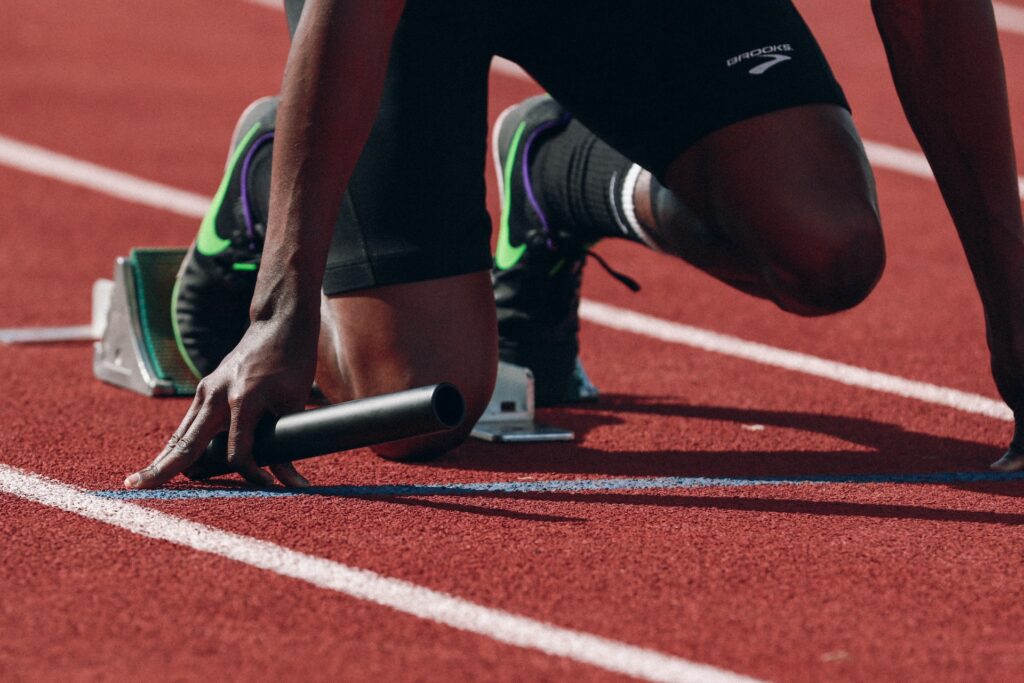Hydration for Athletes and Executives
The Power of Water: Boosting Athletic Performance through Proper Hydration
The Power of Water: Boosting Athletic Performance through Proper Hydration
Water is perhaps the most underrated and underestimated tool for athletic performance. Proper hydration plays a critical role in maximizing athletic potential, yet many athletes fail to recognize its importance. Understanding the power of water and incorporating a proper hydration routine can lead to significant improvements in athletic performance.
Why is Hydration Important for Athletes?
Hydration is vital for athletes due to several key reasons:
1. Temperature Regulation: During physical activity, our body temperature rises, and sweat is produced to help cool down the body. Sweating leads to fluid loss, and failure to replenish these lost fluids can result in overheating and a decreased ability to perform.
2. Performance Optimization: Dehydration can have a direct impact on an athlete’s performance. Studies have shown that even a 2% reduction in body weight due to fluid loss can result in a significant decrease in endurance, strength, and overall athletic performance.
3. Nutrient Transport and Waste Removal: Adequate hydration ensures that nutrients are efficiently transported to working muscles. Furthermore, it aids in the removal of waste products generated during exercise, preventing muscle fatigue and cramps.
4. Mental Focus: Dehydration affects not only physical performance but also mental acuity and cognitive function. Staying hydrated helps to maintain focus, concentration, and decision-making abilities, all of which are crucial for success in sports.
How Much Water Should Athletes Drink?
The recommended daily water intake for individuals varies depending on various factors such as weight, activity level, and environmental conditions. However, athletes have increased fluid requirements and need to actively monitor their hydration levels. A general guideline is to consume:
1. Before Exercise: Drink approximately 14-20 ounces of water 2 to 3 hours before exercise to ensure proper hydration levels are established.
2. During Exercise: During exercise, athletes should aim to drink about 8-10 ounces of water every 15-20 minutes to replace fluid losses. For intense or prolonged workouts, sports drinks containing electrolytes can be beneficial.
3. After Exercise: Replenishing fluids after exercise is essential to aid in recovery. Athletes should aim to drink 16-24 ounces of water for every pound lost during exercise.
These are general recommendations, and individual fluid needs may vary. Athletes should pay attention to their body’s signals and adjust their fluid intake accordingly.
Signs of Dehydration in Athletes
Recognizing the signs of dehydration is crucial for athletes in maintaining optimal performance. Some common signs of dehydration include:
1. Thirst: Feeling thirsty is one of the earliest indicators of dehydration. Athletes should not wait until they feel thirsty to start drinking fluids but rather focus on staying ahead of their fluid needs.
2. Dry Mouth and Lips: Dry mouth and cracked lips can be signs of inadequate hydration. Athletes should ensure their lips stay moist, and their mouth does not feel overly dry during exercise.
3. Dark Urine: Dark-colored urine is usually an indication of dehydration. Urine should ideally be light yellow or clear. Monitoring urine color can serve as a simple indicator of hydration status.
4. Fatigue and Lethargy: Dehydration can lead to feelings of fatigue, increased perceived effort during exercise, and overall reduced energy levels. Proper hydration can help combat these symptoms.
FAQs (Frequently Asked Questions)
Q: Can drinking too much water be harmful to athletes?
A: While dehydration can negatively impact athletes, overhydration can also pose risks. Drinking excessive amounts of water can lead to a condition called hyponatremia, where the body’s sodium levels become dangerously diluted. It is essential to find the right balance and listen to your body’s hydration needs.
Q: Should athletes only drink water or are sports drinks necessary?
A: For most athletes, water is sufficient to meet their hydration needs. However, during intense or endurance activities lasting longer than one hour or when exercising in extreme heat, sports drinks can be beneficial as they provide additional carbohydrates and electrolytes to replenish what is lost through sweat.
Q: Can caffeinated beverages contribute to hydration?
A: While caffeinated beverages such as coffee and tea do have hydrating properties, excessive consumption can have a diuretic effect, increasing urine production. It is advisable to moderate caffeine intake and balance it with an adequate amount of water intake.
Q: Are there any additional hydration strategies for athletes?
A: Yes, apart from drinking water, athletes can incorporate the consumption of hydrating foods such as fruits and vegetables, which have high water content. Additionally, weighing oneself before and after exercise can help determine fluid losses and guide rehydration efforts.
In conclusion, the power of water in boosting athletic performance cannot be overlooked. Proper hydration is essential for temperature regulation, performance optimization, nutrient transport, waste removal, and mental focus. Athletes should pay attention to their fluid intake, recognizing signs of dehydration, and adjusting their hydration routine accordingly. By prioritizing hydration, athletes can unleash their full potential and achieve peak performance.

